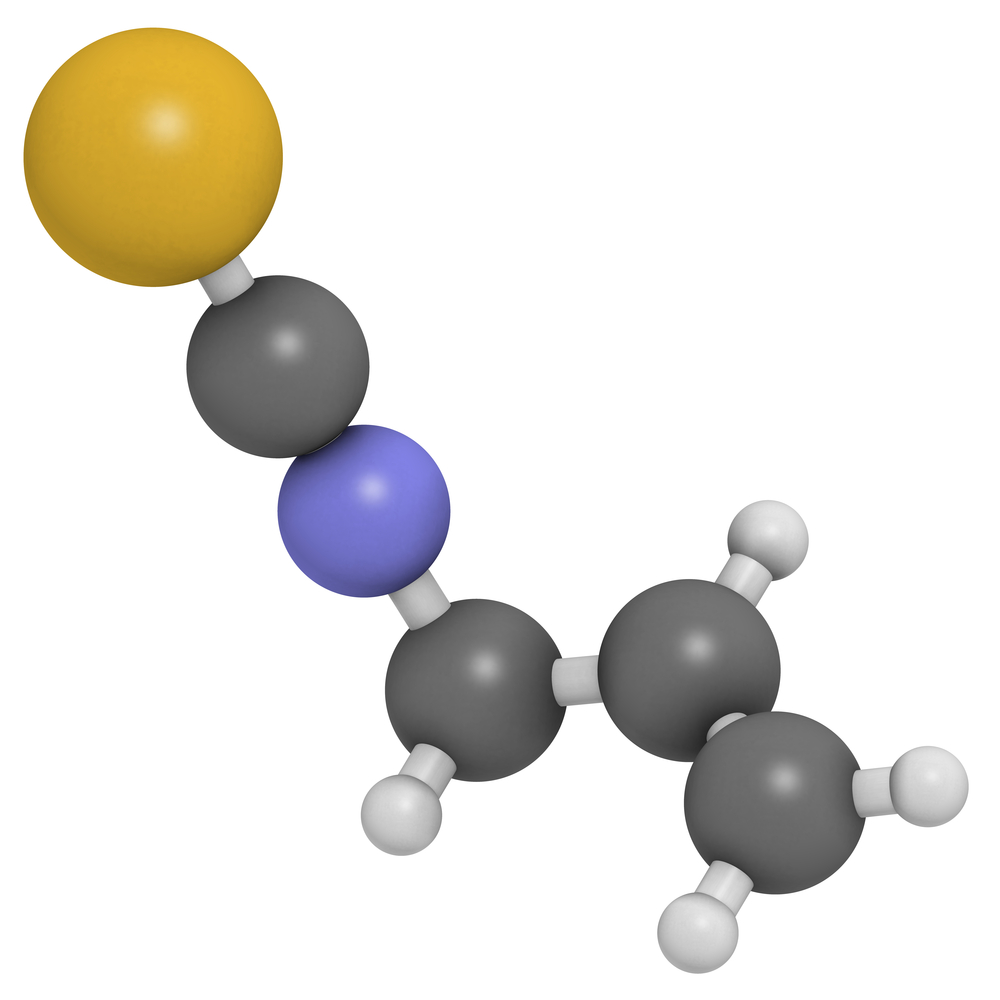New Insights Suggest Thiocyanate Could Address Lung Inflammation in Cystic Fibrosis
Written by |

Thiocyanate is a molecule found throughout the human body. Recent studies in animals have shown that thiocynate could be used as a treatment for lung inflammation, although more research is needed. These new insights are particularly important for the CF community, as thiocynate could potentially be useful as a treatment for cystic fibrosis.
Cystic fibrosis is one of the most commonly occurring chronic diseases of the lungs in children and young adults and can be a life-threatening disorder. Breathing is often difficult for most people with cystic fibrosis due to a sticky mucus that can build up in the lungs.
High oxidative stress is normally found in patients with cystic fibrosis, which contributes to the development of the disease’s symptoms. Oxidative stress refers to the production of free-radicals — potentially harmful molecules that damage cells — faster than the body can remove them. Thiocyanate is one molecule that may be able to “mop up” oxidative stress.
Cystic fibrosis (CF) is a pleiotropic disease, which means that a gene mutation influences more than one bodily system. CF occurs when there is a gene mutation in the CF transmembrane conductance regulator (CFTR). The CFTR allows chloride and thiocyanate ions to cross epithelial cell membranes. Epithelial cells are those that line the cavities of the body, including the lungs. The CFTR gene mutation interrupts the transport of chloride and thiocyanate ions and recurring lung infection, injury and inflammation are the result.
A study published in the prestigious journal Proceedings of the National Academy of Sciences found that thiocyanate protected lung cells as well as several other different types of cells from experimental damage, similar to the kind that occurs in CF — specifically, oxidative stress. In their report, the researchers speculated that insufficient levels of thiocyanate could contribute to several different types of diseases, since without the protective effects of thiocyanate, cells could be more vulnerable.
A recent report that appeared in the journal Free Radical Research suggested that thiocyanate could have great potential as a treatment for cystic fibrosis, based not only on protective effects of the molecular in cultured cells, but also in animal models of disease. In addition, the authors noted that thiocyanate has high bioavailability, which means it can be easily utilized by the body once ingested.
In their report, the authors noted that “Recent preclinical studies have identified anti-microbial and anti-inflammatory effects of [thiocyanate] in pulmonary and cardiovascular animal models, with implications for treatment of infectious lung disease and atherogenesis. Further research is merited to expand on these findings and identify other diseases where [thiocyanate] may be of use.”
Overall, this molecule appears to be involved in causing cystic fibrosis and may have high possible clinical use for treatment of the disease.






